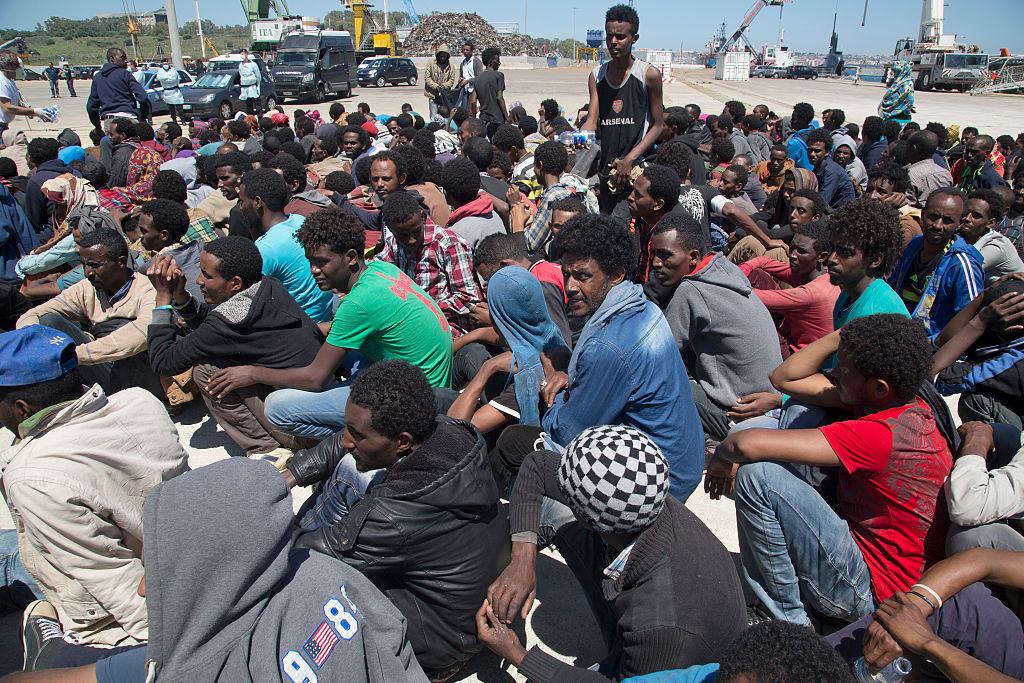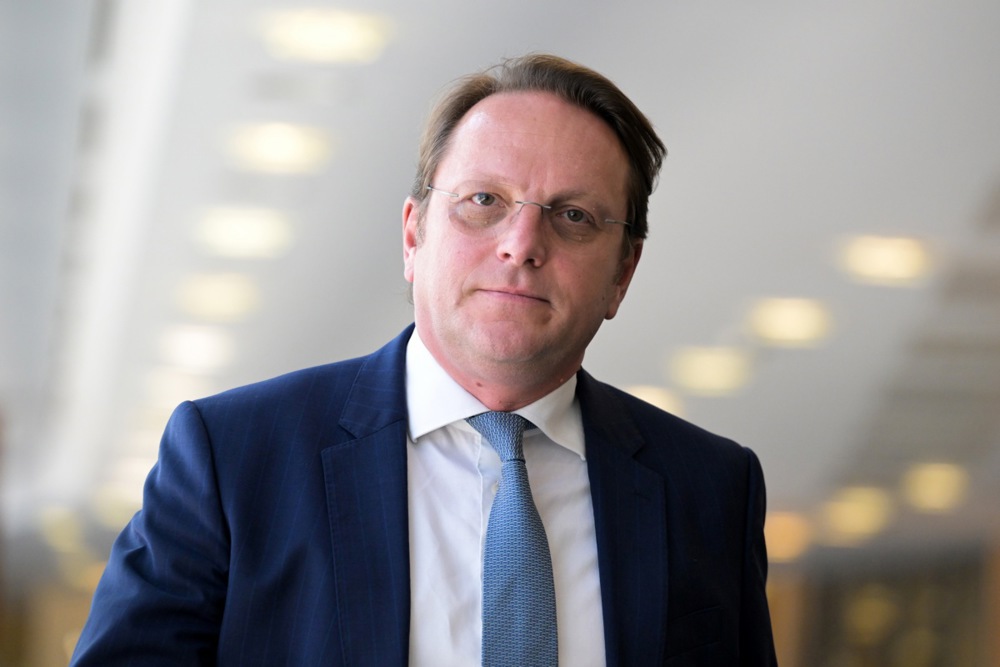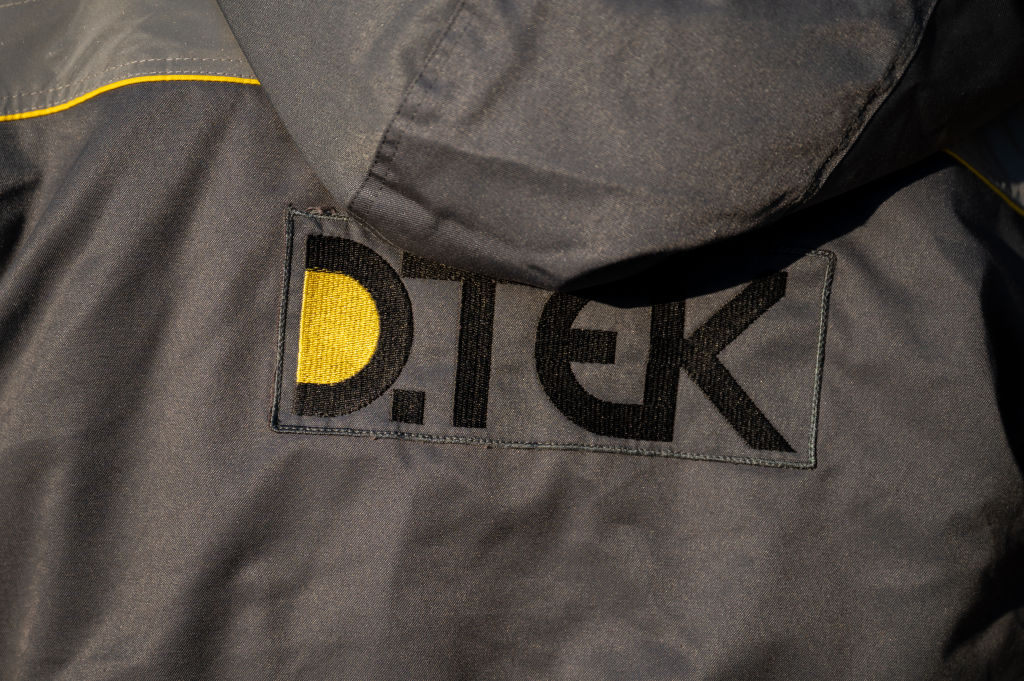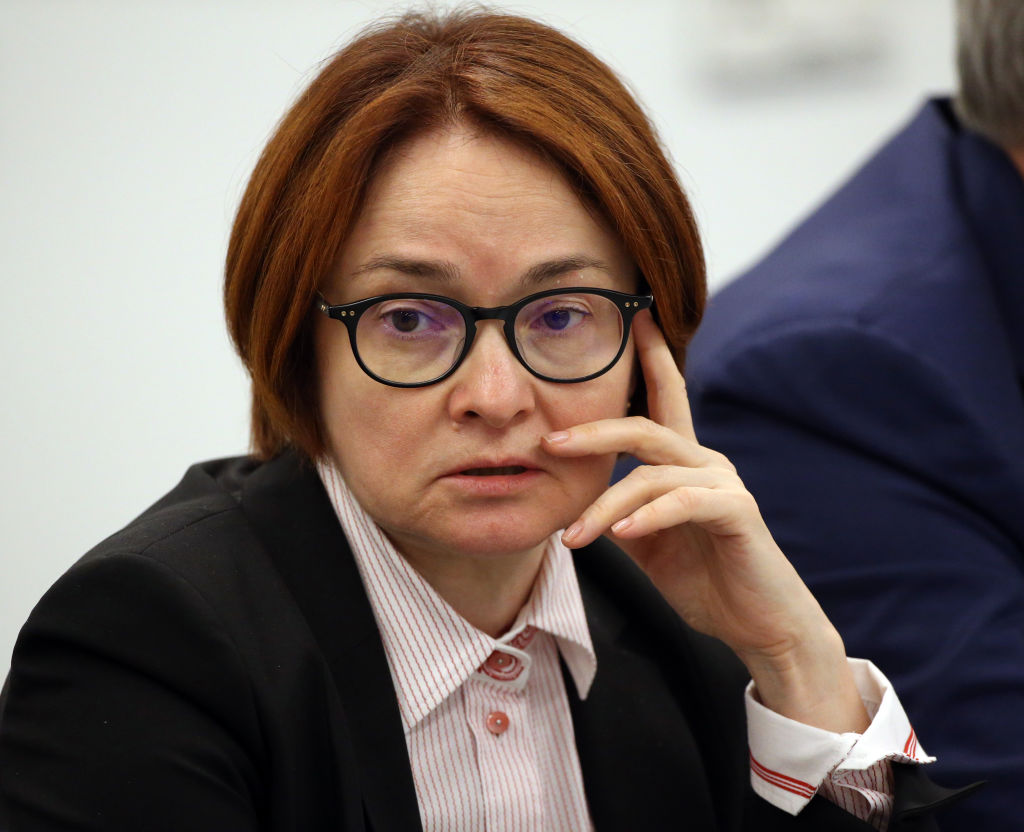France’s foreign minister has urged Israel to heed the message to cease fire and focus on diplomacy after world powers raised slightly short of €1 billion to ease the humanitarian crisis in Lebanon and support its army at a conference in Paris.
Some 70 government delegations and 15 international organisations met in the French capital on October 24 to help Lebanon but a low-level US presence and its looming presidential elections dimmed prospects for a swift halt to fighting.
“The message [for Israel] is simple: Cease fire!,” French foreign minister Jean-Noel Barrot told a news conference at the event, reiterating that a Franco-American proposal for a temporary truce was still on the table.
Barrot said more than €740 million, including upwards of €277 million from Washington, had been raised primarily to help up to a million displaced people with food, healthcare and education.
A further €185 million would go to the Lebanese Armed Forces (LAF), deemed as the guarantor of internal stability and also vital to implementing 2006 UN Security Council resolution 1701 that calls for southern Lebanon to be free of any troops or weapons other than those of the Lebanese State.
France has historical ties with Lebanon and has been working with Washington in trying to secure a ceasefire, although the two allies differ on approach regarding 1701.
After Israel rebuffed a 21-day ceasefire plan in September, Paris’ influence has been limited since Israel launched its large-scale onslaught on Iran-backed Hezbollah. That has killed more than 2,500 people and displaced at least 1.2 million.
“The storm we are currently witnessing is unlike any other, because it carries the seeds of total destruction,” Lebanon’s caretaker Prime Minister Najib Mikati told delegates in Paris, pleading for more pressure to be put on Israel.
Opening the conference, French President Emmanuel Macron said there must not be a return to past cycles of violence.
“More damage, more victims, more strikes will not enable the end of terrorism or ensure security for everyone,” he said.
Despite the repeated calls for a ceasefire, there was no sign on October 24 of the conflict abating. Three Lebanese soldiers had been killed in an Israeli strike near the border, the Lebanese army said.
US Secretary of State Antony Blinken skipped Paris and appeared to make little progress during a concurrent tour of the Middle East, a final push for peace before next month’s US elections.
The UN Security Council resolution has never been fully implemented and, amid a two-year political power vacuum and collapsed economy, the Lebanese army has no real weight to play its role in the south of the country, Reuters reported.
“The final objective is to recruit, train and equip 6,000 new LAF units,” an Italian diplomatic source told the outlet on October 24, adding that Rome would soon organise its own conference focused on this.
Italy has some 1,000 troops as part of the 10,000-strong UNIFIL peacekeeping mission in Lebanon.
Diplomats have said that once there was a ceasefire the mission would need to be made more robust.
“Let’s not reinvent the wheel. We have to make it work,” EU foreign policy chief Josep Borrell said, adding that amending its mandate would need a new UN Security Council vote.
Borrell said there was scope to increase UNIFIL’s troop numbers to 15,000 under the current mandate.
“The objective this time is to find conditions that ensure the lasting application of 1701 so that peace returns on both sides”, something easier said than done, he said.
But highlighting the differences in approach between. Paris and Washington, two diplomats said the US Government representative had put the blame squarely on Hezbollah when addressing delegates, saying it was time for the terrorist group to disarm.
European and Arab nations are concerned that Washington has not called for an immediate ceasefire and fear the administration will not alter its position before the November 5 US elections.
“France wants a ceasefire and believes that Hezbollah will not be eliminated,” a Middle East diplomat told Reuters.
“The US wants the destruction of Hezbollah and is encouraging the Israelis to go further.”





